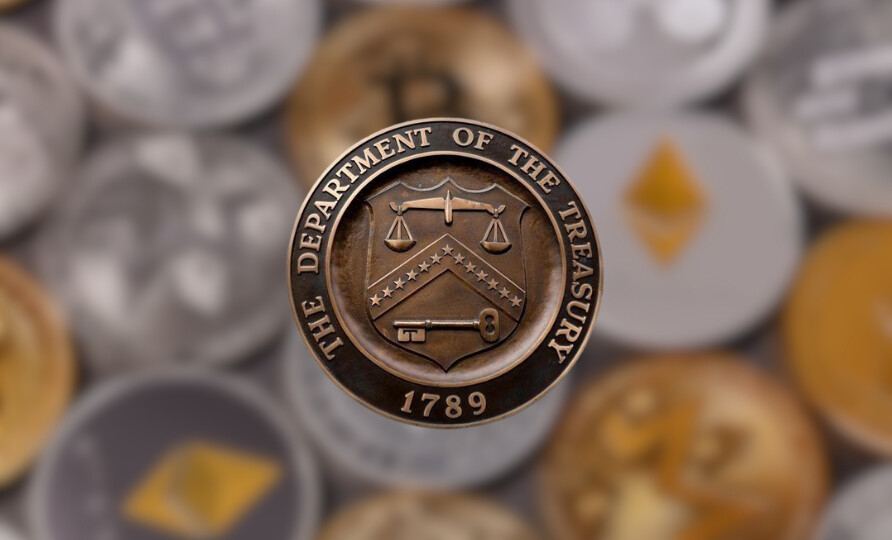The US Treasury has finalized rules requiring custodial brokers of digital assets to report transactions to the IRS starting in 2026, aiming to ensure proper taxation, although concerns remain about privacy and the complexity of new reporting forms.
IRS Implements New Crypto Reporting Rules to Ensure Tax Compliance Amid Privacy Concerns and Complexity Challenges
According to the article of DL News, the US Treasury has finalized new rules requiring companies that hold digital assets like exchanges and payment processors, to report their sales and trades to the IRS starting in 2026 for transactions from the previous year. These US Treasury new rules are meant to make sure people using cryptocurrencies pay the right taxes, following input from over 44,000 public comments.
IRS Commissioner Danny Werfel says these rules are important to stop people from hiding money and not paying taxes on digital assets. They aim to catch people who might try to avoid taxes using cryptocurrencies, which are seen as risky for tax compliance. However, groups like the Chamber of Digital Commerce worry about privacy issues and find the new tax forms, like the upcoming Form 1099-DA for 2025 transactions, too complicated.
READ ALSO: $25 Billion Stalemate: Senate’s National Security Boost Fails To Find Traction On Capitol Hill As House Republicans Stick To Budget Caps!

44,000 Public Comments Later: US Treasury Finalizes New Crypto Regulations – Mandates Reporting for Custodial Brokers Starting 2026 (PHOTO: CoinMarketCap)
IRS Rules on Cryptocurrency Reporting Exempt Decentralized Brokers – Clarify Tax Calculations for Digital Asset Transactions
The US Treasury‘s new rules don’t apply to decentralized or non-custodial brokers who don’t control digital assets directly. These brokers will follow different rules. Alongside reporting requirements for brokers, the regulations also explain how taxpayers should calculate how much they’ve gained or lost from buying and selling digital assets, aiming to make tax reporting clearer and more accurate.

















































